October 20, 2025
PRIVACY & SECURITY
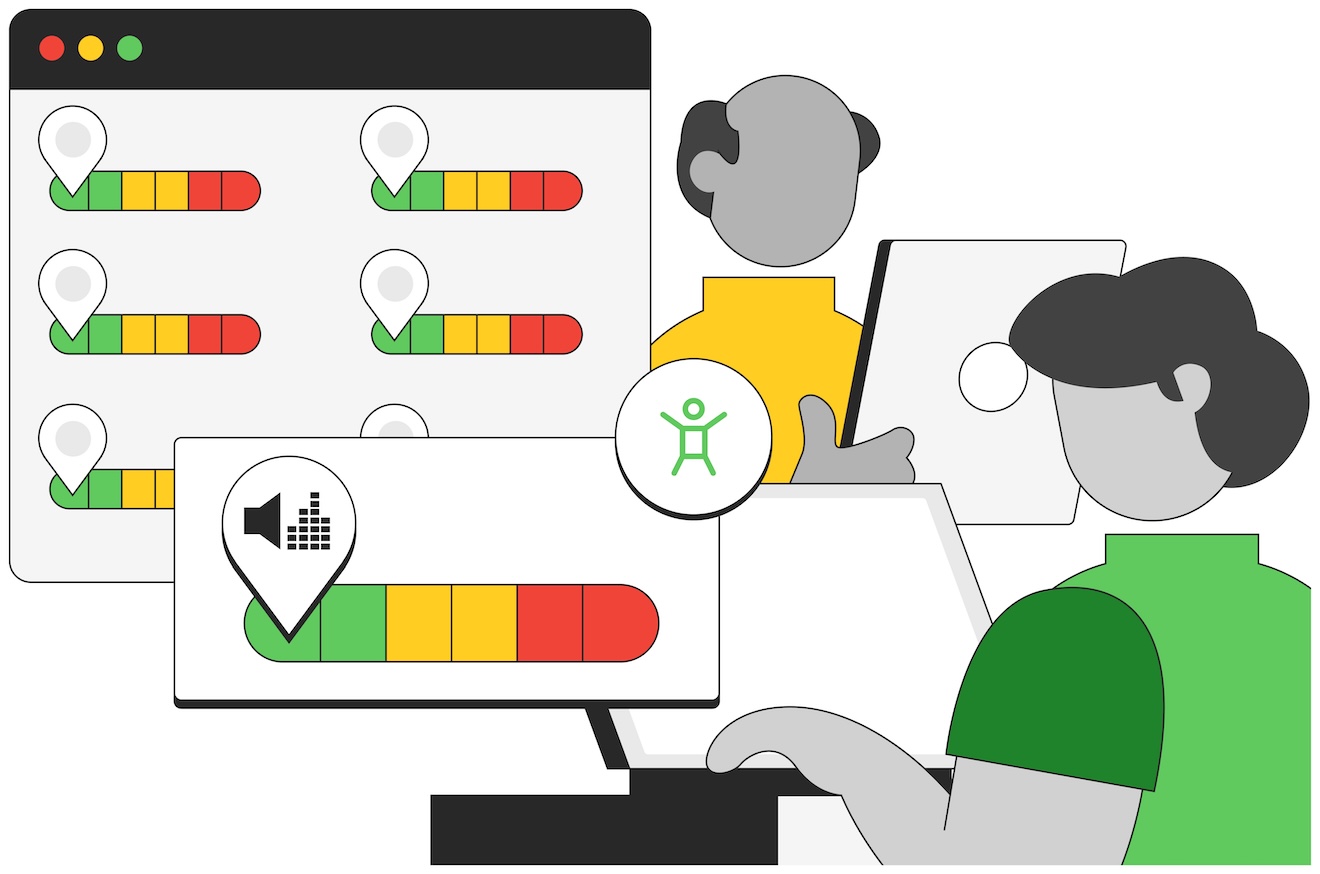
Melissa DeWeesNovember 18, 2024
Since the onset of COVID-19, remote education has become more prevalent and accessible. Tools for maintaining academic integrity like Proctorio are essential in the protection of the credibility of online degrees and certifications. However, their use has raised concerns around privacy, accessibility, and potential civil rights impacts. For example, a civil rights violation could occur if an online proctoring tool discriminates against students with disabilities by failing to provide reasonable accommodations, thereby limiting their ability to participate fairly in exams. Additionally, privacy infringements could arise if sensitive personal data is collected unnecessarily or used without clear consent, violating protections under laws like the GDPR.
Proctorio exists to help institutions ensure fairness by deterring cheating during online exams. Similar to how in-person proctors oversee traditional assessments, Proctorio provides a way to maintain integrity in virtual settings. By verifying that test-takers follow instructions, Proctorio helps create a fair exam environment for everyone involved, where each user’s performance reflects their own knowledge.
One misconception about Proctorio is that it compromises users’ privacy by permanently storing sensitive information. However, it follows strict data protection standards and collects only the information necessary for monitoring during the assessment, such as video or audio, depending on the institution’s settings.
Proctorio prioritizes transparency by clearly explaining what data is collected, why it is necessary, and how it will be used. Provided in the Terms of Service and Privacy Policy on the website, and also on the "Before You Begin" page of each exam, test-takers can see exactly how long this information will be stored and where, based on the individual agreement set between the institution and Proctorio. Users are always fully informed about Proctorio's monitoring practices and given the opportunity to consent. In fact, Proctorio believes transparency is the key to establishing trust with its users. Any changes to its policies are available to review in GitHub, and a banner is placed on the website when they occur. By fostering open communication in a respectful dialogue, users are able to understand the importance of these measure.
Institutions have full control over the system settings, ensuring that only essential data is collected. This data is encrypted with end-to-end encryption, and cannot be decrypted by Proctorio or its employees. Proctorio does not share or sell user information, adhering to privacy best practices such as GDPR and other regulations designed to protect individual rights, because it simply can’t.
Offering customizable features to support test-takers with disabilities, Proctorio prioritizes both privacy and accessibility. The platform allows for extended time, specialized tools, and alternative proctoring methods, helping institutions meet ADA requirements and ensuring equitable participation for all users. Proctorio’s commitment to accessibility fosters inclusivity and fairness—core principles of civil rights. Additionally, Proctorio undergoes VPAT audits whenever new settings or tools are introduced to ensure ongoing compliance.
At the core of civil rights concerns is balancing security with individual privacy. Proctorio’s monitoring features are designed to provide this without intrusion. Its system flags suspicious behavior without making final decisions. Instead, exam administrators evaluate flagged events and determine the appropriate action. This approach respects users' privacy while helping institutions maintain exam and academic integrity.
Proctorio is designed to protect fairness, accessibility, and privacy, allowing online education to remain credible and equitable. By setting clear privacy policies, ensuring accessibility, and providing transparency, Proctorio aims to support both the rights and responsibilities of students and institutions.

October 20, 2025
PRIVACY & SECURITY
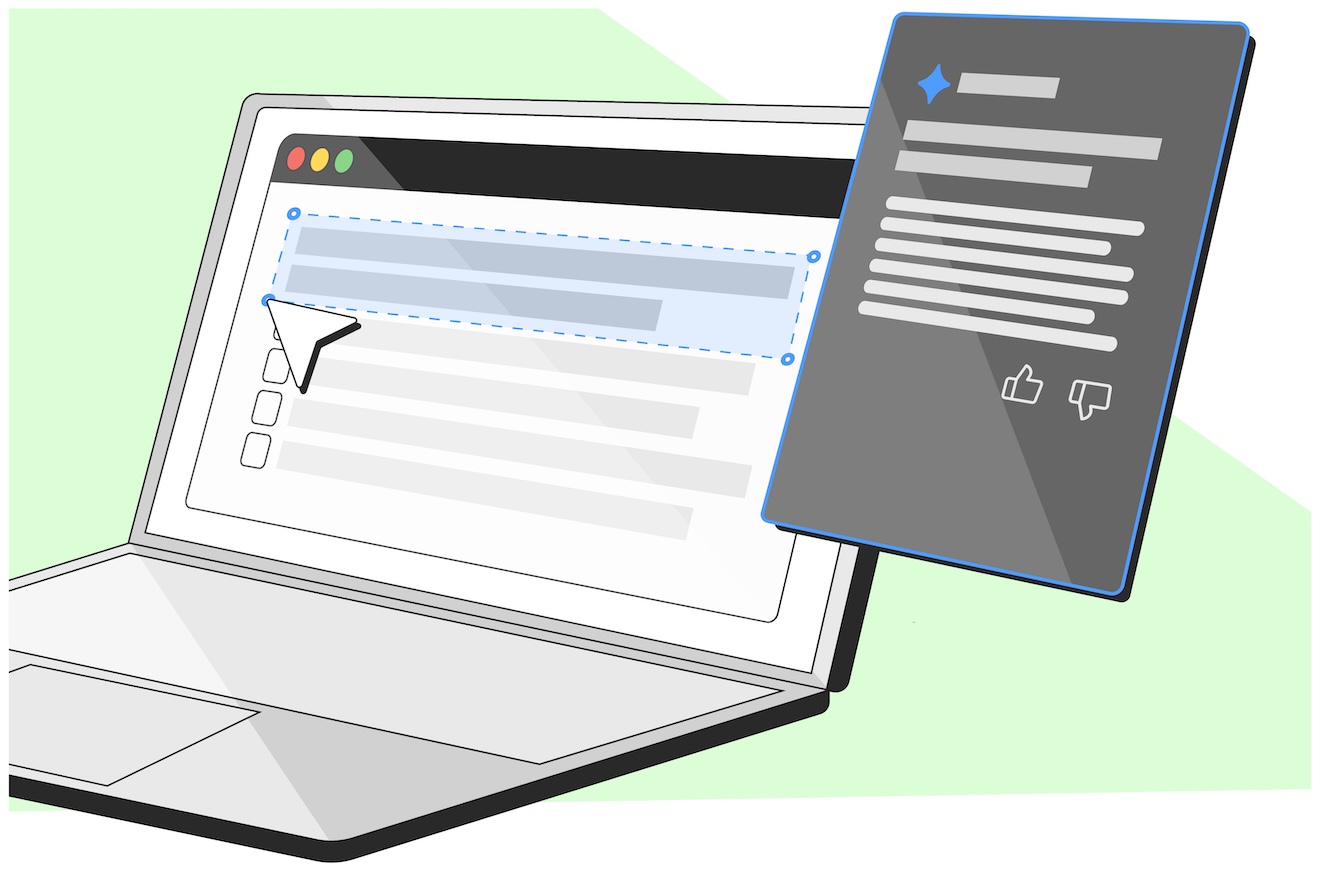
September 10, 2025
PRIVACY & SECURITY

September 10, 2025
PRIVACY & SECURITY
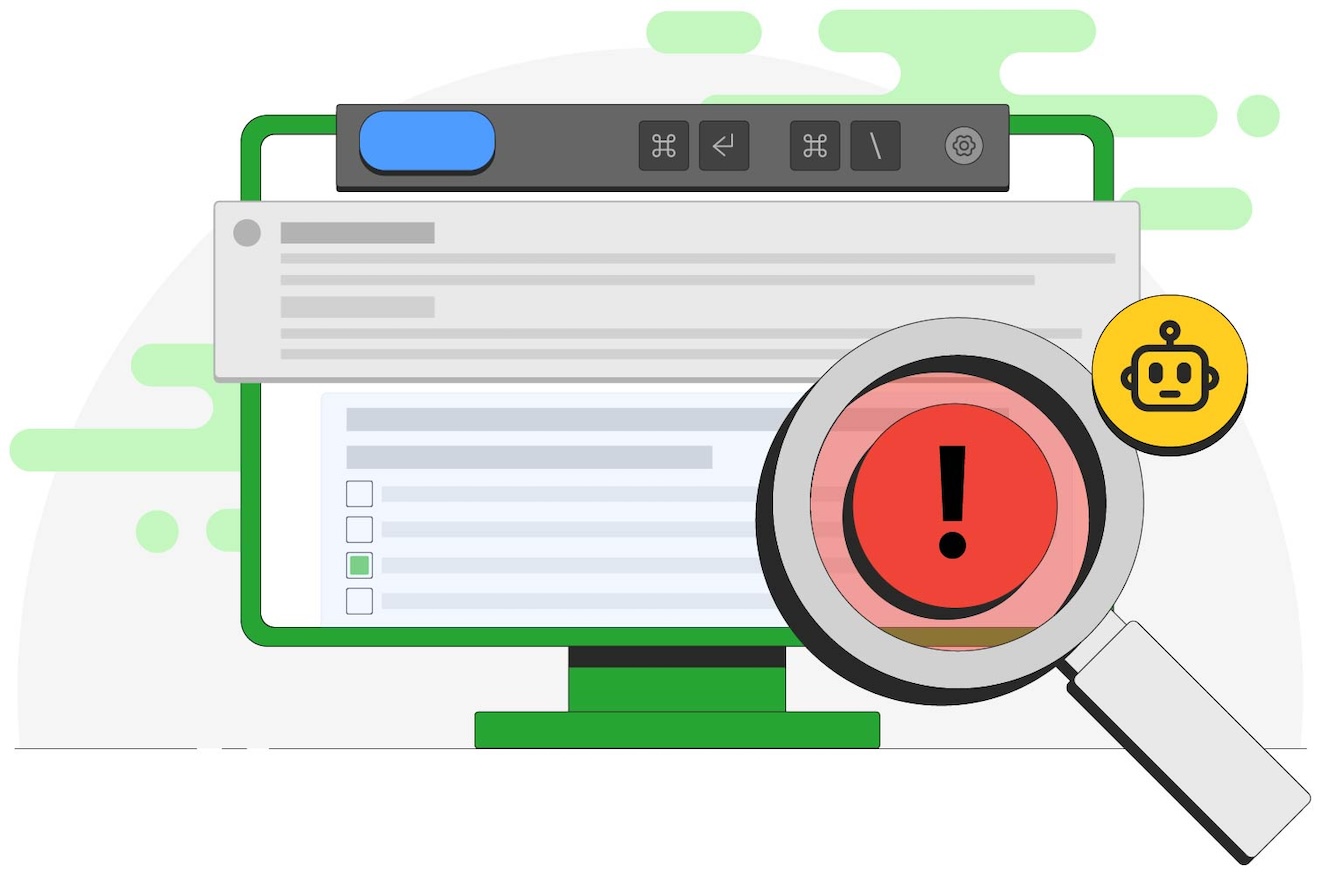
May 28, 2025
PRIVACY & SECURITY
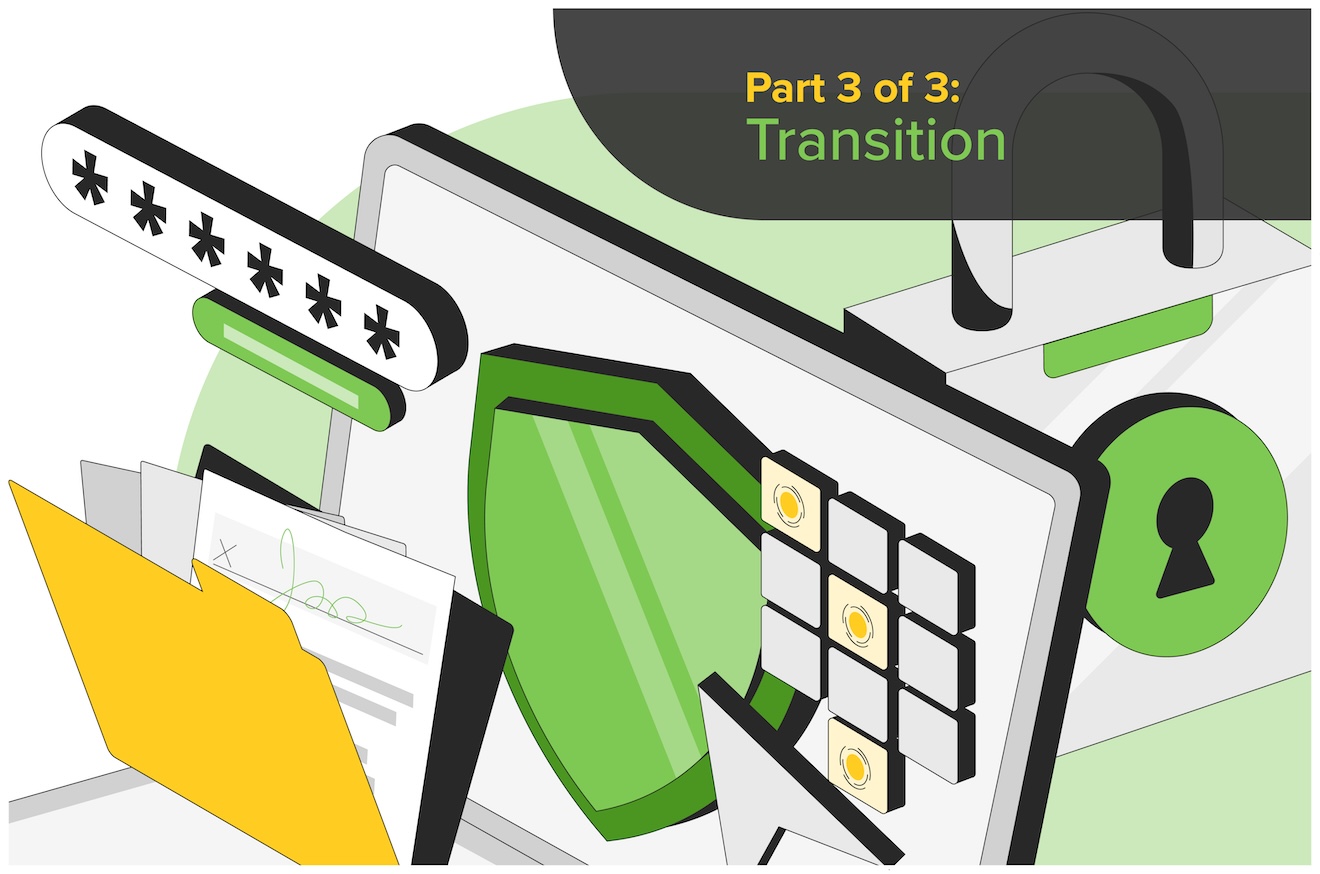
August 14, 2024
PRIVACY & SECURITY
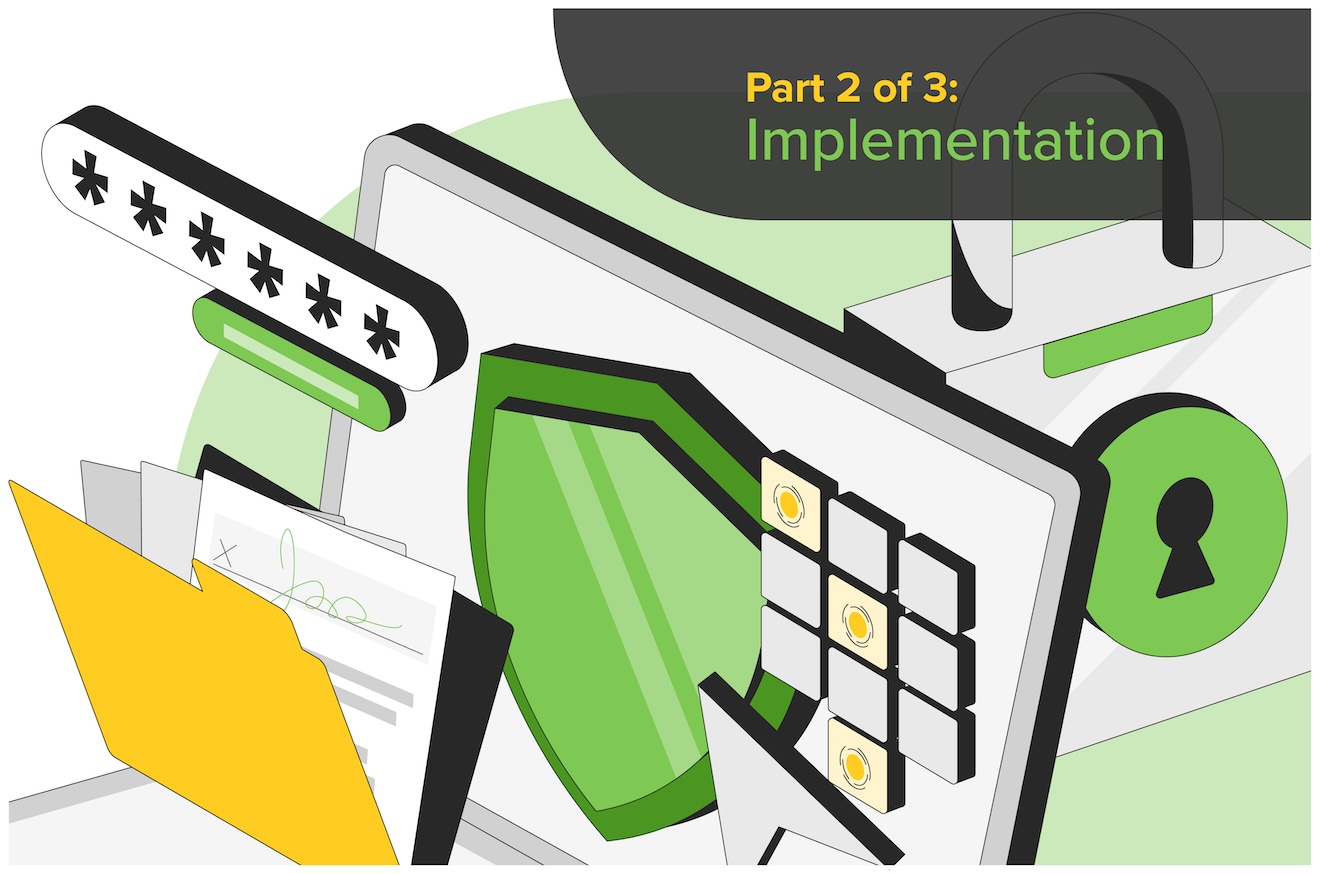
July 31, 2024
PRIVACY & SECURITY
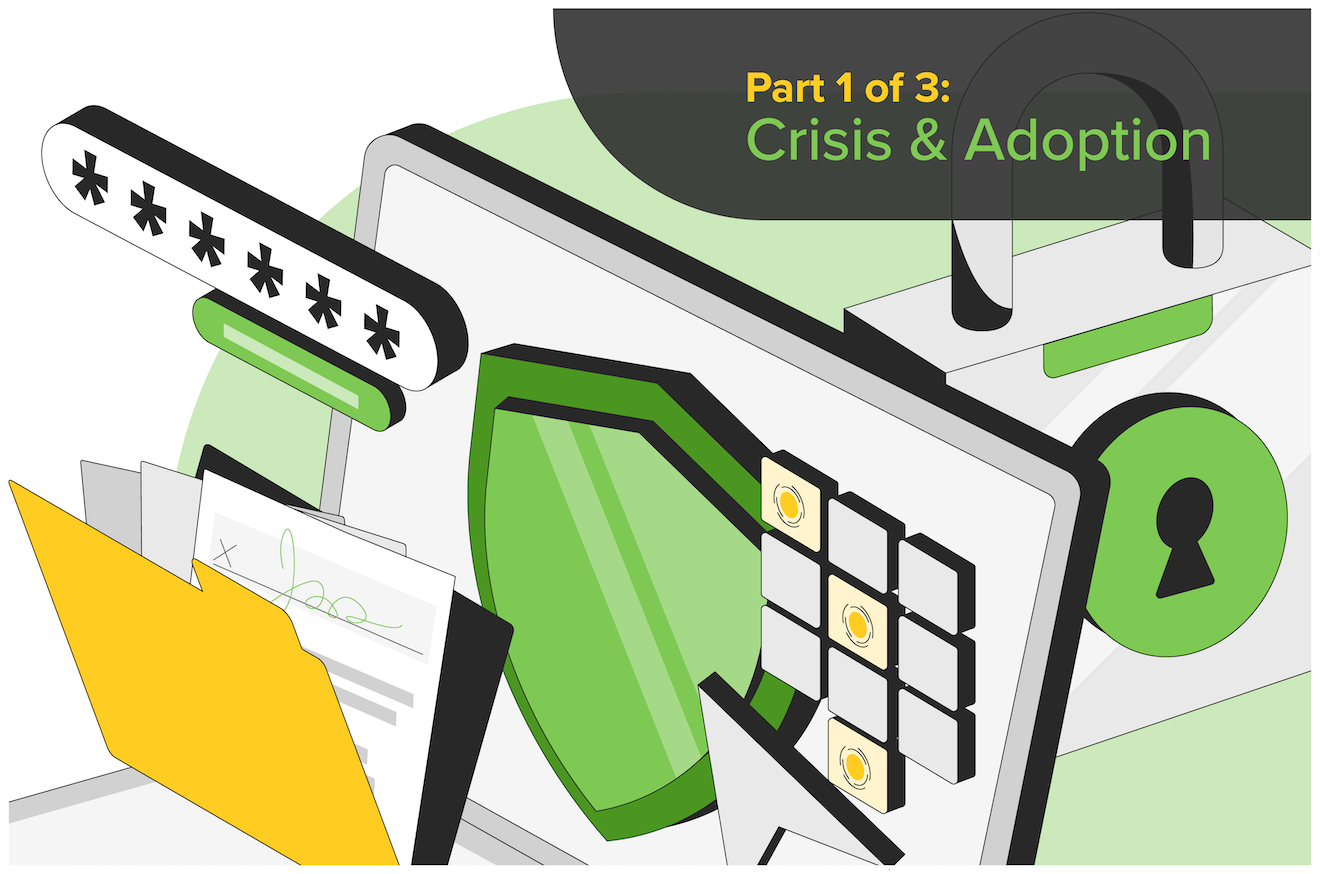
July 17, 2024
PRIVACY & SECURITY
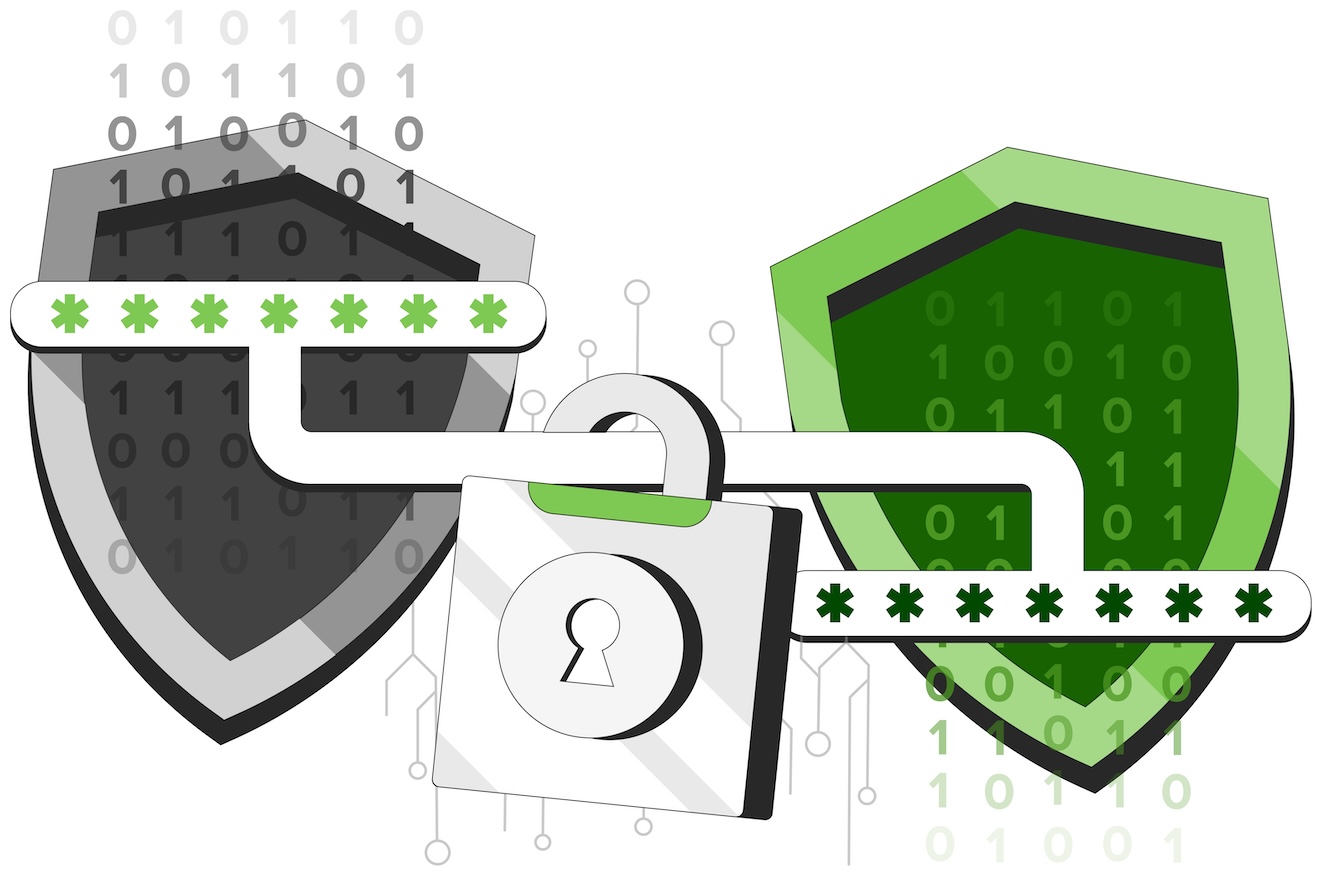
March 21, 2024
PRIVACY & SECURITY
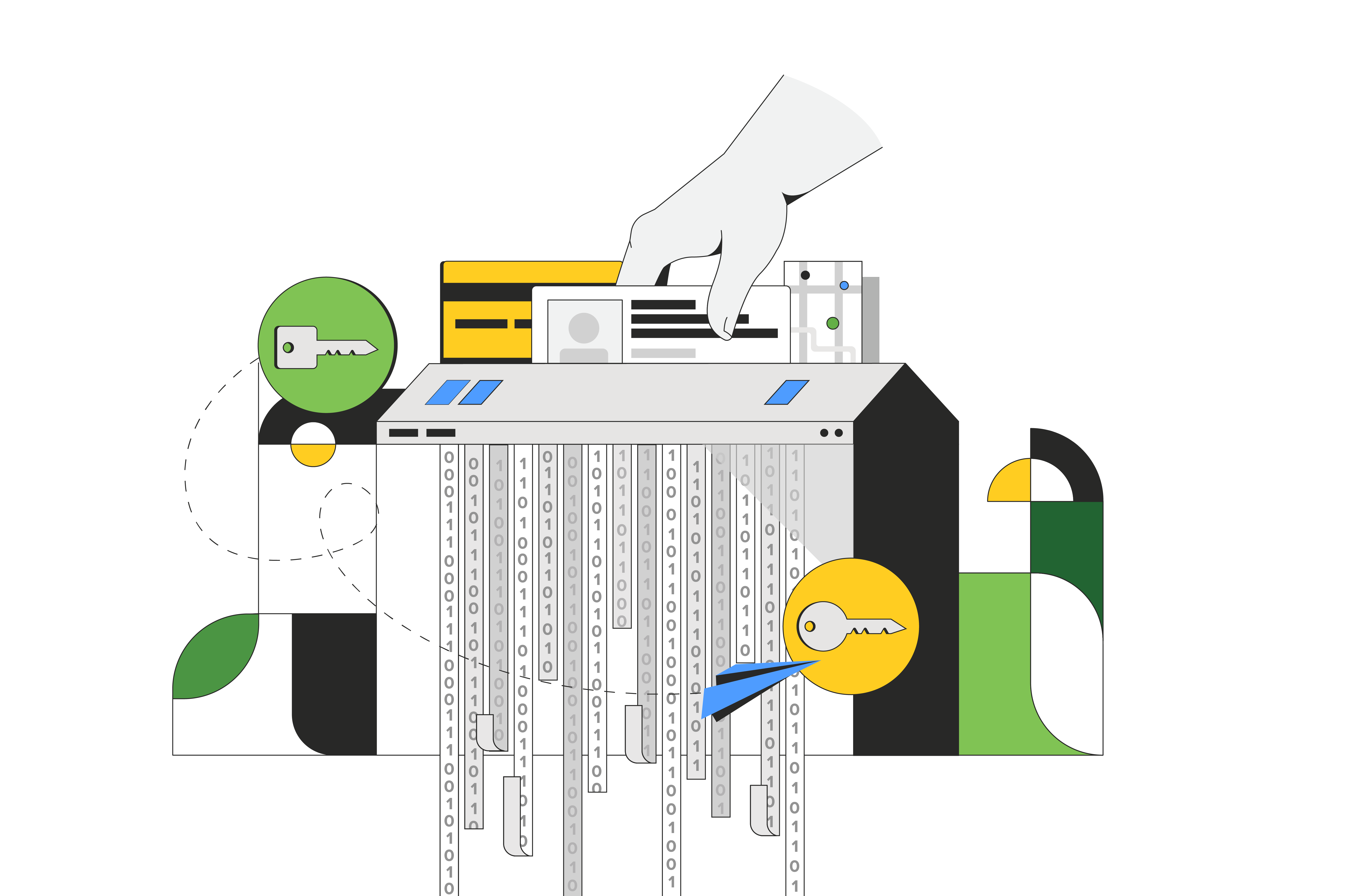
September 19, 2023
PRIVACY & SECURITY

November 3, 2022
PRIVACY & SECURITY

October 28, 2022
PRIVACY & SECURITY

June 03, 2022
PRIVACY & SECURITY

January 5, 2022
PRIVACY & SECURITY
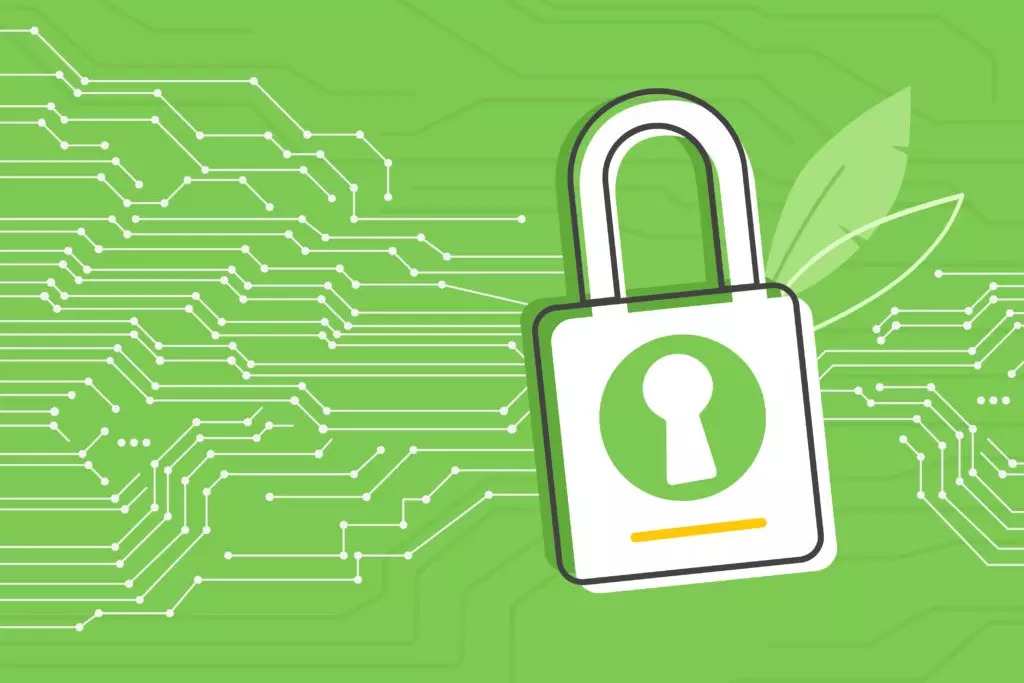
November 01, 2020
PRIVACY & SECURITY
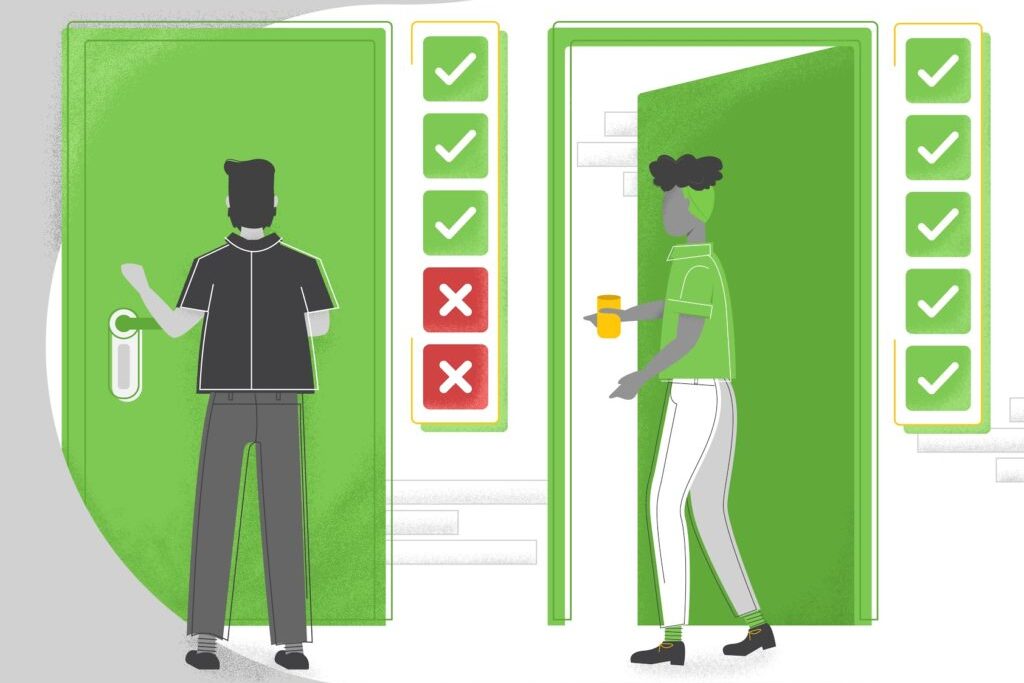
October 06, 2020
PRIVACY & SECURITY

August 16, 2020
PRIVACY & SECURITY
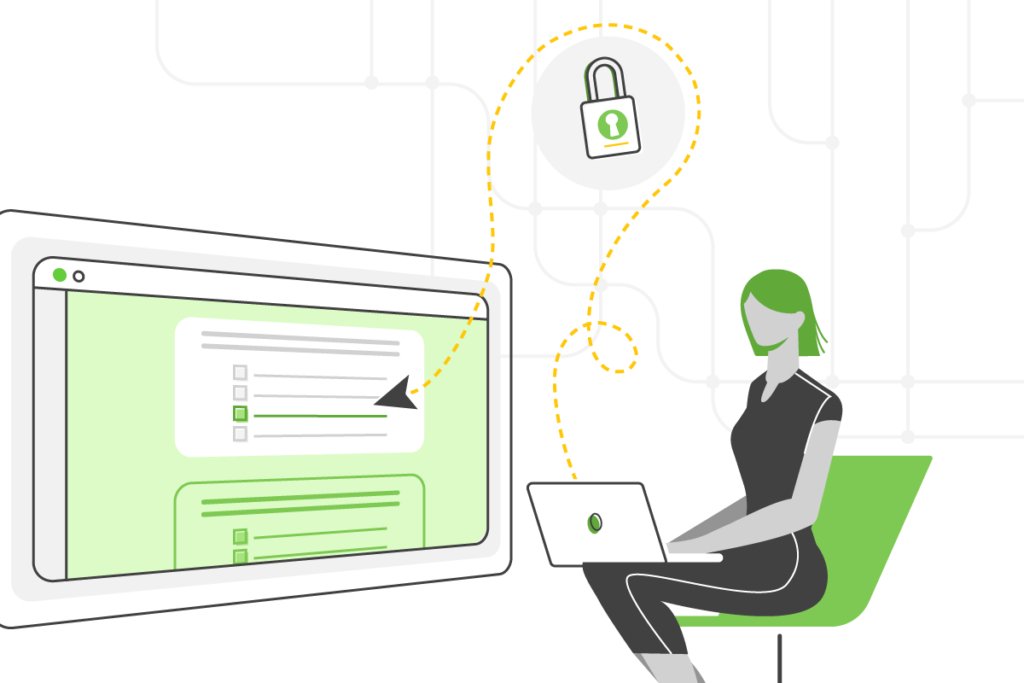
August 15, 2020
PRIVACY & SECURITY